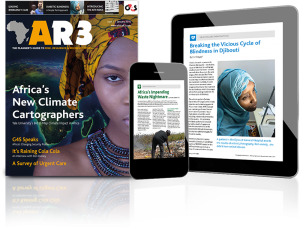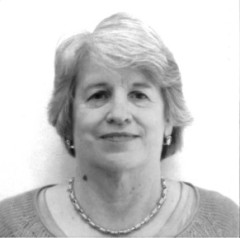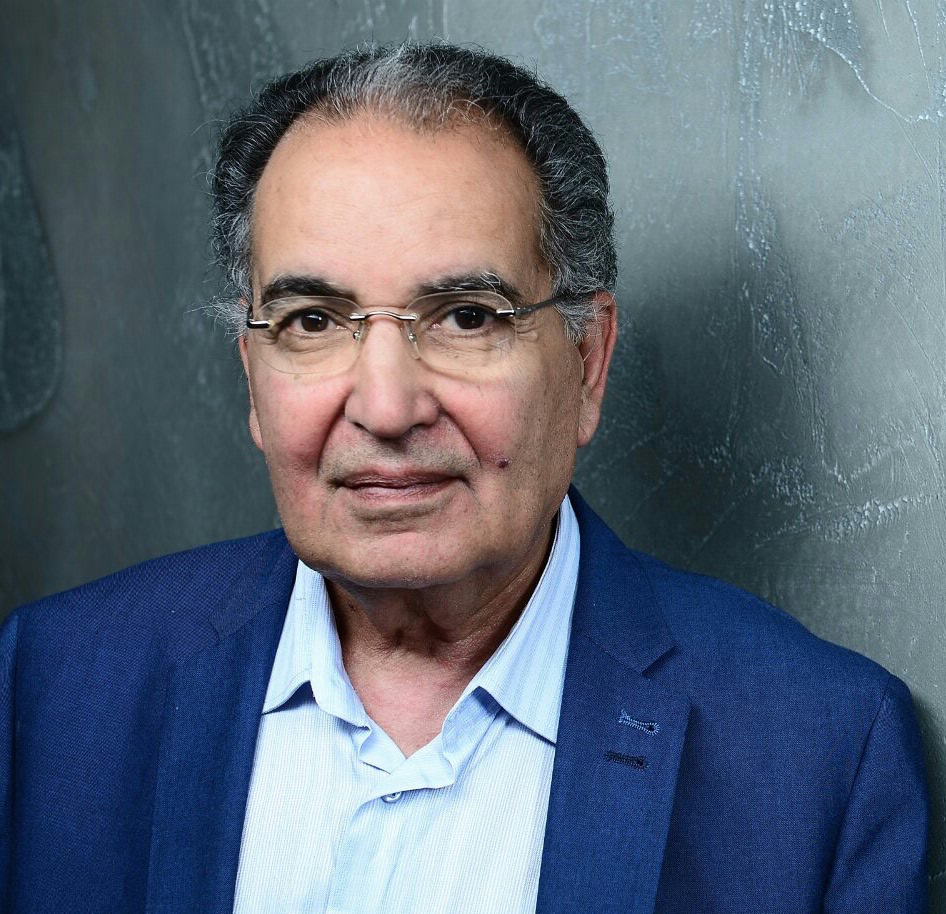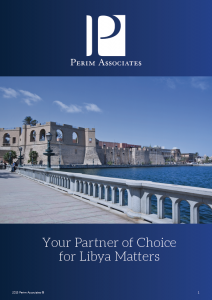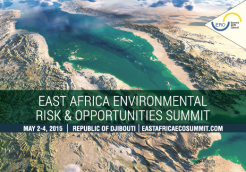By Francis Ghiles, and published in CIDOB Notes, July, 2013 [Excerpt]
Algeria will have to reinvent itself to meet the challenges it will face on the departure from the scene of President Abdelaziz Bouteflika who has ruled Africa’s largest country since 1999. The country sees itself as a regional powerhouse in the Maghreb but also in the broader Arab, African and developing worlds. This attitude has not changed since its hard won independence from France half a century ago.
Throughout the history of Sonatrach, two broad policy rules have guided long term policy planning in hydrocarbons. Algeria would not enter into any new export commitment without the equivalent volume of proven reserves being found; furthermore when any new export commitments were entered into, its authors had to ensure that 35 years worth of domestic consumption were built into the model.
The opaque elite of military, security and business interests which dominate much decision making in Algeria has jealously guarded its turf from encroachment, often holding back a healthy but small private sector. An antiquated and state dominated banking system has provided a key tool for keeping power in the hands of a few: it pumps money into state enterprises and subsidises some companies by up to 40% according to the International Monetary Fund.
While the uncertainty about the future course of political events is palpable, the one thing that all Algerians are sure of is that they want no more war. The current uncertainty in North West Africa would pale by comparison with the havoc any return to Sinin al-irhab in Algeria would bring. French and American leaders have indicated their preference for a semi-open contest between candidates with different views and but are well aware that public admonishing of democracy serves no useful purpose.
The deep instincts of 35 million resilient Berber and Arab men and women and a group of powerful officers and DRS elders will decide who runs Africa’s largest country in the coming years. Contrary to the fears of conspiracy theorists and those who claim to know how the inner mechanisms of the regime function, a worst case scenario is not necessarily the most likely.

